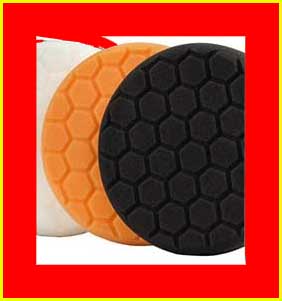G
George
Passed Away July 25, 2015
- Reaction score
- 156
- Thunderbird Year
- 2002
Just thought I would post this for anyone that may be of interested.
I found out the hard way about the new E85 fuel and what it does to small engines with carbuerators.
E85 is basically a solvent that's in our fuel and it actually cleans the inside of gas tanks and sends the junk into the Carb and thus fouls it. I had to have my boat pulled out, re-serviced after three weeks and returned because of this, to the tune of $470.
To prevent this there is an enzyme additive from most auto stores. Either Startron or Soltron or Stacon will do. As I understand it E85 also attracts moisture into the tanks, which also is not good for engines.
So I added it to the boat, Datsun 280Z, John Deere mower, trimmer, chain saw and TBird. If I had a snow blower I'd add it there as well, to be proactive.
Friends of mine are also having similar issues with antique and classic cars. So it's not just small engines.
From what I understand it is not an issue with fuel injected engines, but I don't think you should take that chance. Be proactive.
I found out the hard way about the new E85 fuel and what it does to small engines with carbuerators.
E85 is basically a solvent that's in our fuel and it actually cleans the inside of gas tanks and sends the junk into the Carb and thus fouls it. I had to have my boat pulled out, re-serviced after three weeks and returned because of this, to the tune of $470.
To prevent this there is an enzyme additive from most auto stores. Either Startron or Soltron or Stacon will do. As I understand it E85 also attracts moisture into the tanks, which also is not good for engines.
So I added it to the boat, Datsun 280Z, John Deere mower, trimmer, chain saw and TBird. If I had a snow blower I'd add it there as well, to be proactive.
Friends of mine are also having similar issues with antique and classic cars. So it's not just small engines.
From what I understand it is not an issue with fuel injected engines, but I don't think you should take that chance. Be proactive.
This page contains affiliate links for which I may be compensated. As an eBay Partner, and Amazon Associate I may be compensated if you make a purchase at no cost to you.


